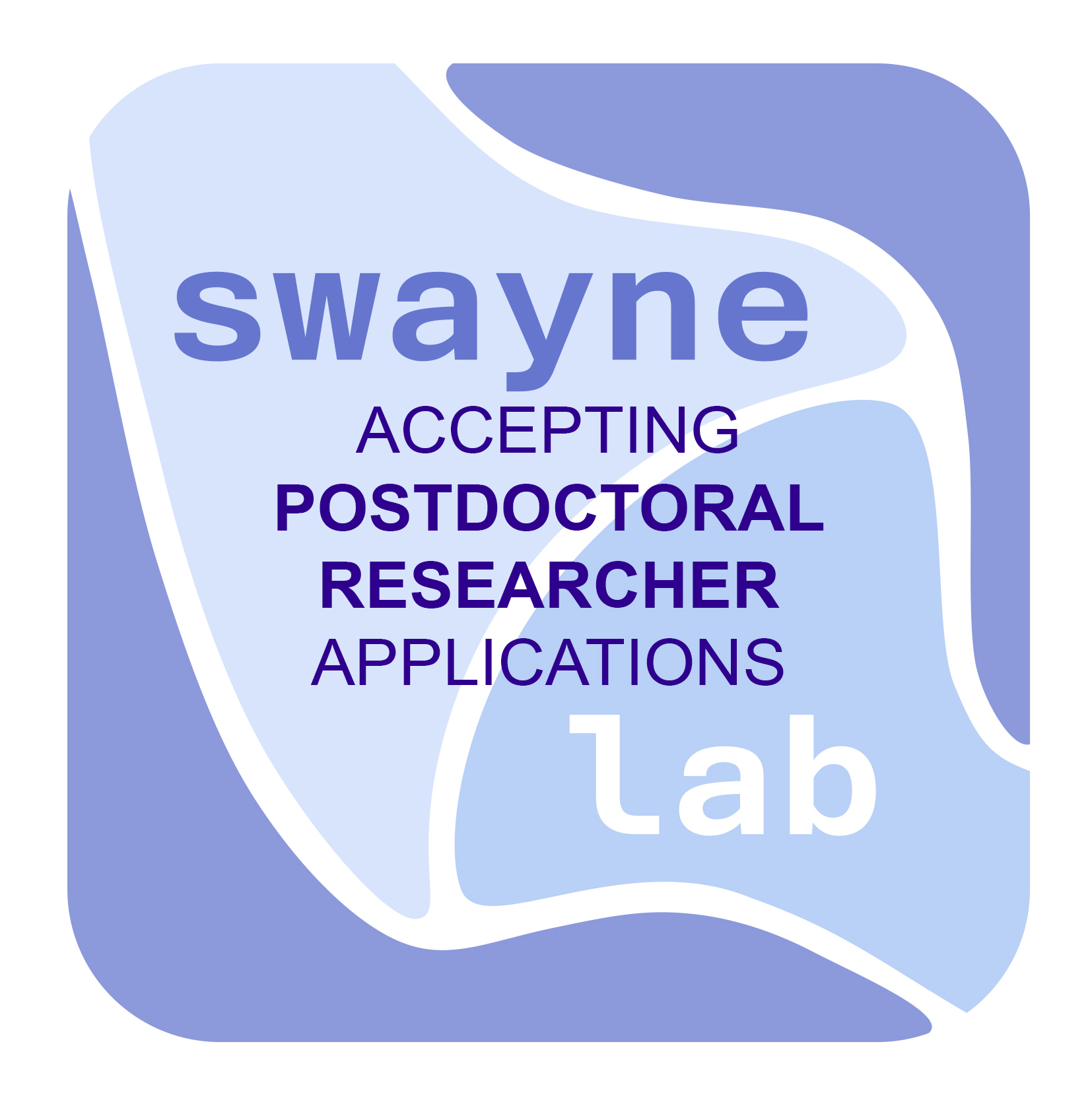Category: Post-doc opportunities
-
Postdoctoral fellowship in the genetic basis of natural variation in sociability
The Choe and Dukas labs, McMaster University Hamilton, Ontario, Canada The Choe and Dukas labs at the Department of Psychology, Neuroscience & Behaviour, McMaster University are looking for a postdoc for a collaborative ongoing project deciphering the genetic basis of natural variation in sociability. The Dukas and Dworkin labs have artificially selected low and high…
-
Postdoctoral Fellowship available in the Sephton laboratory at Université Laval: Investigating lipid metabolism in amyotrophic lateral sclerosis (ALS).
Join our innovative research team at the CERVO Brain Research Centre of Université Laval in Québec City, Canada. The Sephton lab is dedicated to uncovering the mechanisms that cause the fatal motor neuron disease, amyotrophic lateral sclerosis (ALS) and developing targeted therapies based on these discoveries. The Sephton lab is pleased to announce a funded…
-
Postdoc position: Regeneration of locomotor circuits in salamanders
PROJECT: Salamanders can swim underwater and walk on ground. Their spinal cord regenerates after a full transection and the animal recovers voluntary locomotion after a few weeks. How this occurs is largely unknown. Genetic dissection of salamander neural circuits is now feasible with methods for manipulation, elimination, and visualization of genetically-defined cells. Such approaches can…
-
M.Sc. & Ph.D. Positions at McGill University in Computational Analysis of Behavior and Brain dynamics with Computer Vision/Machine Learning
Positions Overview: The Mohajerani lab (https://douglas.research.mcgill.ca/majid-mohajerani/) at McGill University is seeking prospective M.Sc. or Ph.D. to join our lab for Winter 2025 semester. The focus of student’s project will be on analysis of animal behaviour and brain activity using deep learning tools. To be qualified for this position, ideal candidates must have a solid background in computer…
-
Post-doctoral position in comparative study of reward learning, stress and psychedelics- McGill University
Do you want to know what mice think about on mushrooms? Are you interested in making inferences in mice and humans? The Behavioural Neurogenomics Lab (https://www.bagotlab.org) at McGill University is looking for a highly motivated computational neuroscience postdoc to lead a newly funded collaboration examining the neural bases of effects of stress and psychedelics on…
-
Postdoctoral Position Available in the Breton-Provencher lab at U. Laval: Noradrenaline, acetylcholine and learning
Join our dynamic and innovative research team at the CERVO Brain Research Centre of Université Laval in Québec City, Canada. Established in 2021, our team is dedicated to unraveling the intricate mechanisms underlying learning and memory. We are excited to announce a funded postdoctoral position focused on exploring the role of neuromodulation in learning consolidation.…
-
Watt Lab at McGill University seeking postdoctoral research fellow
We are currently seeking an outstanding candidate to study cerebellar circuits in health and in disease, in particular in models of motor coordination diseases like ataxia. The applicant should be experienced in either in vivo recording techniques and/or in vivo imaging techniques. Candidates should have doctoral experience in neuroscience, biology, or a related field. Preference…
-
Neuroscience Postdoctoral Positions – University of Toronto – Woodin lab
The Woodin lab, in the Department of Cell & Systems Biology at the University of Toronto, is seeking talented postdoctoral fellows with experience in patch-clamp electrophysiology, or molecular biology and biochemistry. Our lab is actively identifying mechanisms regulating inhibition and determining the contribution of excitation/inhibition imbalances to neurological disorders. We use a combinatorial approach that…
-
Post-doctoral researcher(s) in cellular and molecular neuroscience – University of Victoria
The Swayne Lab in the Division of Medical Sciences at the University of Victoria is recruiting post-doctoral researchers, or research associates, in cellular and molecular neuroscience. The research projects investigate cross-cellular mechanisms regulating dendritic spine stability. Experiments will involve transgenic models both in situ and in vitro, a variety of imaging techniques (confocal, super-resolution, two-photon…
-
Post-Doctoral Researcher Positions (Clinical research) – Neuropsychiatry Team Research Program at the University of Western Ontario
Post-Doctoral Researcher Positions are available to work on a newly funded Neuropsychiatry Team Research Program at the University of Western Ontario. Our program will be investigating the effects of adolescent exposure to nicotine on increased risk for developing mood and anxiety disorders in later life (see Addiction Biology, 26(2):e12891; Cerebral Cortex, 29:3140-3153; Neuropsychopharmacology, 39:2799-815, Drug…


